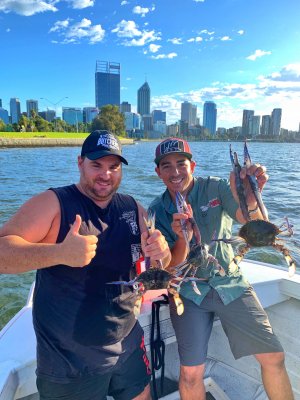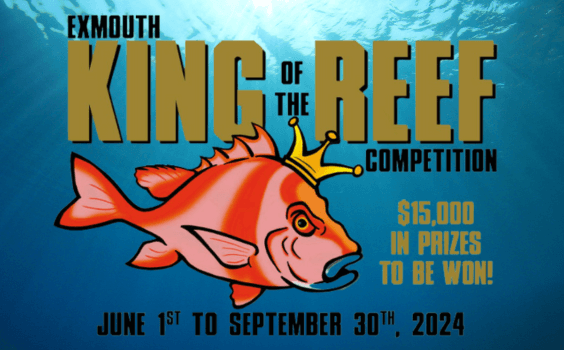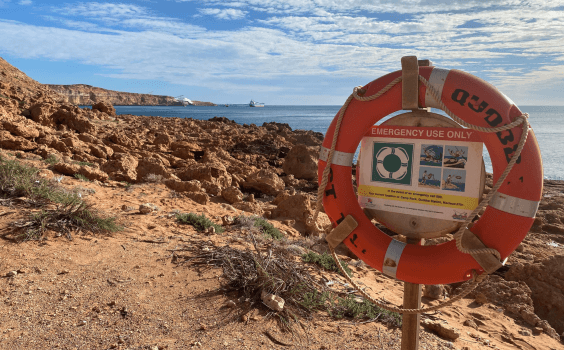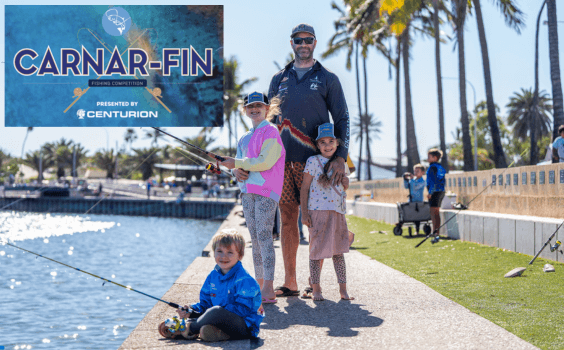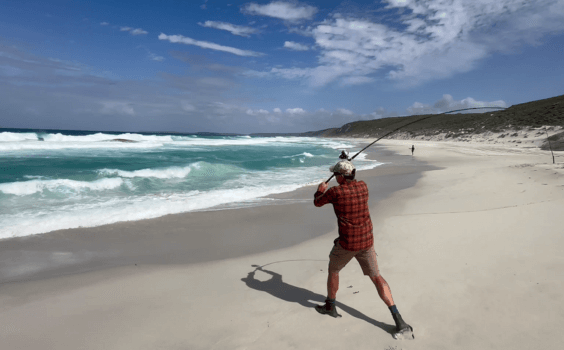Recfishwest joined the Fisheries Minister Dave Kelly in Mandurah and colleagues from the commercial fishing sector to announce a series of changes that represent a watershed moment in the management of the crab fisheries in Perth and the South West.
The significant reform will offer much more protection for the female crab breeding stock and secure a more resilient recreational crab fishery with more, bigger crabs and a better crabbing experience for everyone.
CLICK HERE TO SEE WHAT THE NEW CHANGES TO THE RULES WILL MEAN FOR YOU
Through some constructive negotiations with the Western Australian Fishing Industry Council (WAFIC), the Southern Seafood Producers WA (SSPWA), we reached a point of agreement that has secured the best outcome for recreational fishers given the very real sustainability issues the fishery was facing.
CLICK HERE TO SEE WHAT THE MINISTER HAD TO SAY
FIND RECFISHWEST’S MEDIA RELEASE HERE
Taking on board the views of nearly 4,000 recreational fishers who responded to our survey on the initial discussion paper, we put forward 10 proposed management changes to the Department of Primary Industries and Regional Development (DPIRD) in November last year.
The package announced by the Minister today met eight out of 10 of our recommendations – a great result, particularly in the context of what had been proposed.
A stark alternative
But before we got there, we were potentially looking down the barrel of a broad-scale five month closure from the Swan/Canning to Geographe Bay (inclusive) and a night curfew on crab fishing between 11pm and 4am.
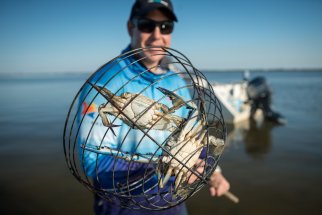
This blunt proposal by DPIRD galvanized ourselves, WAFIC and the SSPWA to sit down and hammer out a joint response which would ensure we could get a sensible, better outcome by working together.
Had we ended up in a Mexican stand-off with the commercial sector and DPIRD, we could have seen the process painfully drag out – possibly for years – which would have been in no one’s interests and yet again delayed vital management intervention.
Instead, we arrived at the following positive outcomes for the recreational fishing community:
- A buy-back of commercial fishing licences from oceanic crab fisheries in Cockburn and Warnbro Sounds and from Mandurah to Bunbury, leading to their permanent closure and with an indication from the Minister that this will happen swiftly as a matter of priority.
- The buy-back opens the door to the very real possibility of Cockburn Sound opening for recreational crab fishing in the near future.
- A mixture of management measures introduced that will, within near future, result in better crabbing and bigger crabs and help to establish the Swan/Canning system as a trophy crab fishery right on Perth’s doorstep.
- The blunt flat five-month closure across the resource and a night-time crab fishing curfew was averted avoiding impact on local businesses in Geographe Bay and Mandurah that benefit from crab fishers flocking to town. Instead, a three-month September to November closure has been introduced, excluding Geographe Bay which will remain open all year-round.
- In Geographe Bay, a new limit of five female crabs within the bag limit of ten will ensure more female crabs remain in the system leading to bigger crabs and better crabbing in the near future.
Protecting a prized part of the WA lifestyle
Increasing pressure on Perth and South West crab stocks has taken its toll in recent years leading to an ongoing decline in the number of size crabs.
The writing has clearly been on the wall for some time and those of you who completed our survey on the future of the resource also backed our message loud and clear: the sustainability of the crabs must come first.
CLICK HERE TO SEE OUR RECOMMENDATIONS FOLLOWING YOUR RESPONSES TO OUR SURVEY
Negotiating the best outcome for our community
We will always do whatever it takes to ensure the best outcome for our members and our community. Delivering on that commitment was/is paramount for us for such an iconic fishery as this. That meant doing the wise and mature thing and working with our colleagues in the commercial sector to achieve the best outcome.
In the complex world of fisheries management, with the often fiercely competing interests of different sectors, being able to negotiate an outcome like this was a watershed moment.
Recfishwest is looking forward to seeing the flow-on effects of these management changes in the near future, resulting in many more people across the board enjoying better crabbing and catching bigger, better quality crabs.
